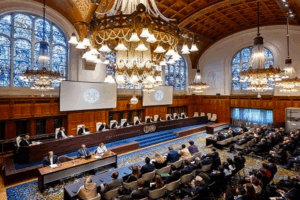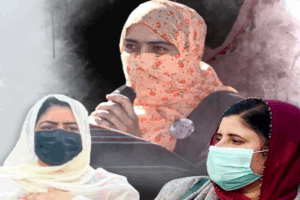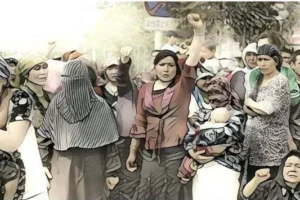The definition of Domestic Violence is well written and wide-ranging and holistic. It covers, mental as well as physical abuse, and also threats to do the same. Any form of harassment, coercion, and harm to health, safety, limb or well-being is covered. It includes Physical abuse, Sexual abuse, Verbal abuse, emotional abuse and Economic abuse. Furthermore, the Act also provides relief to domestic violence committed by both male and female relatives of the husband or male partner (which would aid in situations where family members harass the wife etc.). Where, an aggrieved party is suffered from abuse while being in live in relationship is also covered by the purview of this act. Additionally, the definition of “child” is also inclusive of foster, adopted and stepchildren. The protection of women from Domestic Violence Act, 2005 is a shield against all forms of abuses and discrimination against the patriarchal mind-set of India. Under the Act, one can ask for protection orders by informing protection officers. Also, by filing an application one can seek government functions. The aggrieved person can also avail off medical facilities or counselling. Also, separate residence orders or maintenance orders can be guaranteed to the victim.
The aggrieved party (victim) can avail for some rights which are so guaranteed by the Act.
Some of them are:
1. Right to reside in a shared household.
2. Protection orders for victim’s safety.
3. Maintenance or monetary relief.
4. Custody of children.
5. Penalty for not following orders.
6. Penalty to protection officer for not taking an appropriate action.
In 2010, in Bharatha Matha & Anr vs R. Vijaya Renganathan & Ors, it was decided that a child born out of a live-in relationship is entitled to property (the property owned by the parents, but not ancestral property). This means that a woman and her child in a live-in relationship cannot be threatened with economic abuse.
In Hiral P. Harsora & Ors. V Kusum Narottamdas Karsora & Ors. 2014(10) SCC 736, the Court defined the term ‘Respondent’ as persons who can be treated as perpetrators of violence against women or against whom remedies under the 2005 Act are available and not only as any ‘adult male person’ as it fails the test of reasonable classification. Thus, the expression may include female members and non- adults as well.
In Juveria Abdul Majid Patni v Atif Iqbal Mansoori 2016 (10) SCC 165, it was held that monetary relief as stipulated under the Act is different from maintenance, which can be in addition to an order of maintenance under Section 125 CrPC or any other law. Such monetary relief can be granted to meet the expenses incurred and losses suffered by the aggrieved person and child thereof as a result of domestic violence, which is not dependent on the question whether the aggrieved person, on the date of filing the application under the Act is in a domestic relationship with the Respondent.




